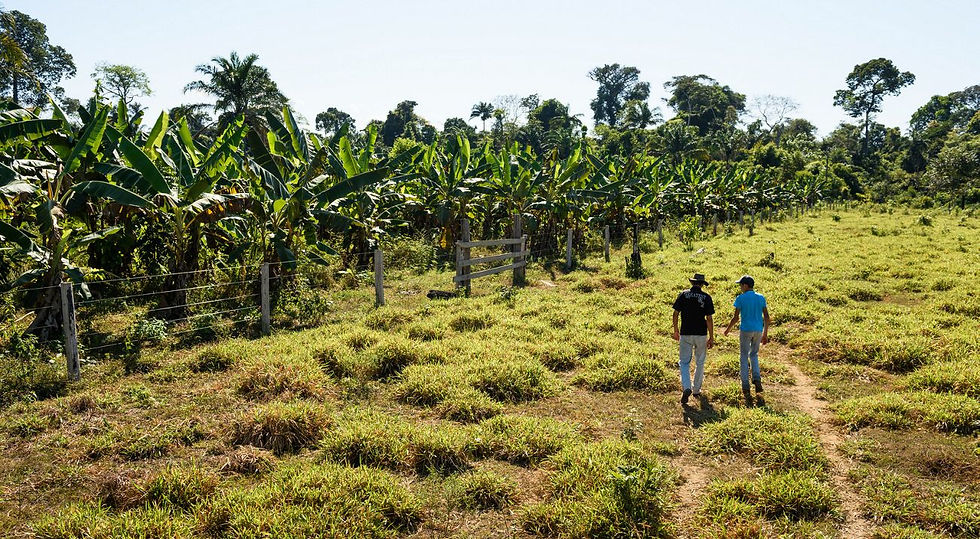
Conservation agriculture
Conservation agriculture is a sustainable system that improves soil health and water use, based on keeping the soil covered, reducing tillage, and diversifying crops. These principles strengthen biodiversity, prevent soil degradation, and promote more efficient water management, which increases resilience to climate change.
Conservation agriculture is a sustainable farming system that protects and improves soil health while optimizing the use of natural resources such as water. It is based on three principles: keeping the soil covered, reducing tillage, and diversifying crops. These methods improve soil structure, promote biodiversity, and prevent soil degradation.
One of its main benefits is efficient water management. Soil cover and minimal tillage allow for greater moisture infiltration and retention, reduce runoff, and decrease evaporation. This is key in areas with irregular rainfall, as it better conserves available water and reduces the need for irrigation, increasing resilience to climate change.
Water efficiency
Main theme:
South
Region:
1200 - 2000
Precipitation (mm):
Low
Application difficulty:
1, 2, 6, 12, 13 and 15
SDGs impacted:
Gravity
Energy used:
50 - 70
Efficiency (%):
Rural
Sector:
Reduced soil erosion, improved water quality, increased soil biodiversity, carbon sequestration, lower energy and fuel consumption, improved water efficiency.
Expected environmental impact:
$70 – $200 /ha/year
Estimated value: